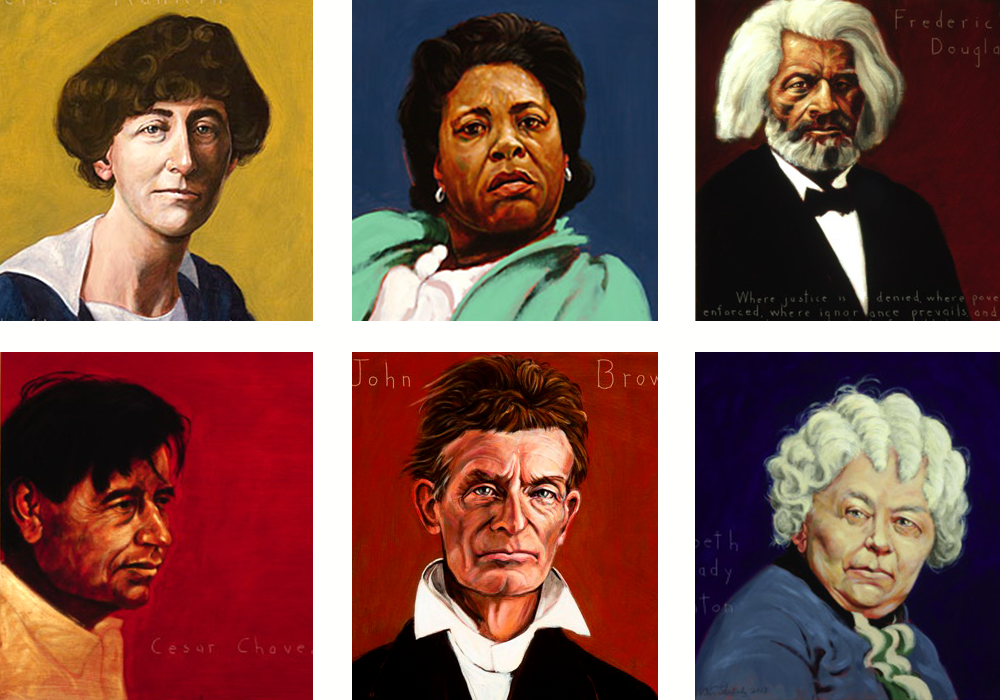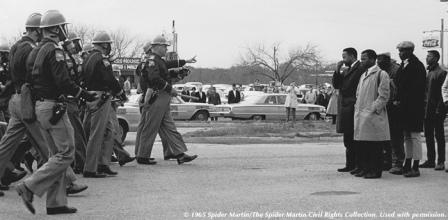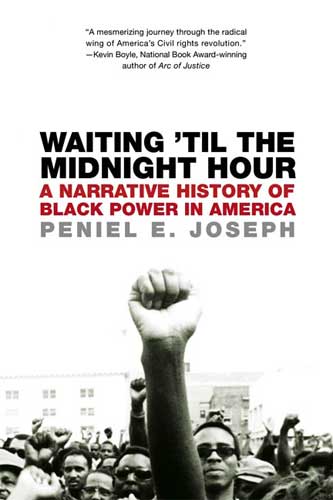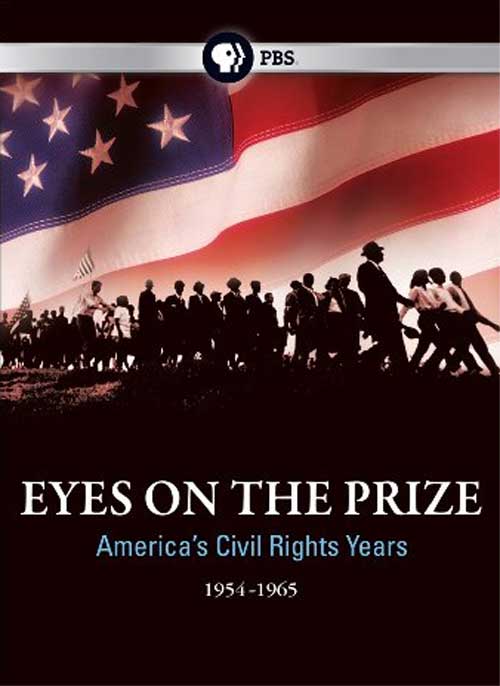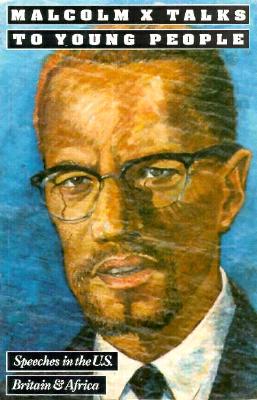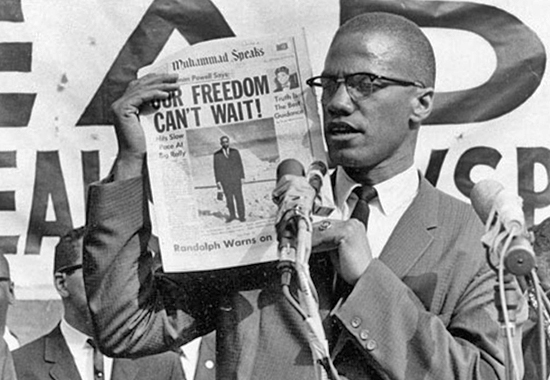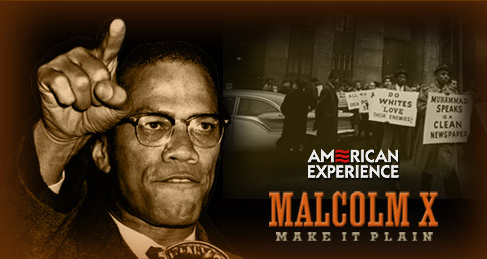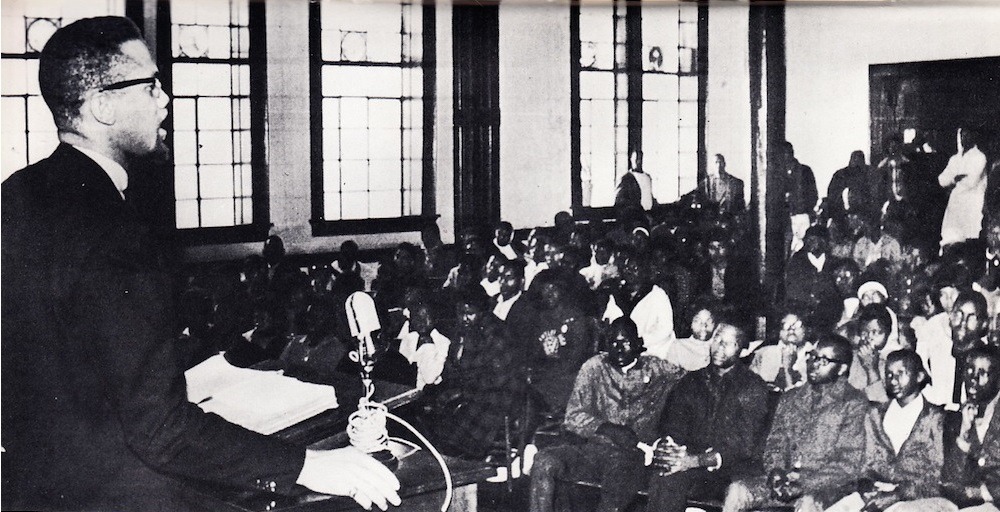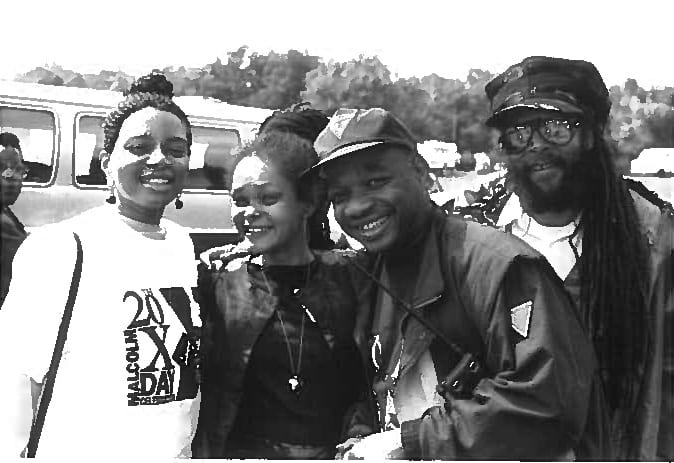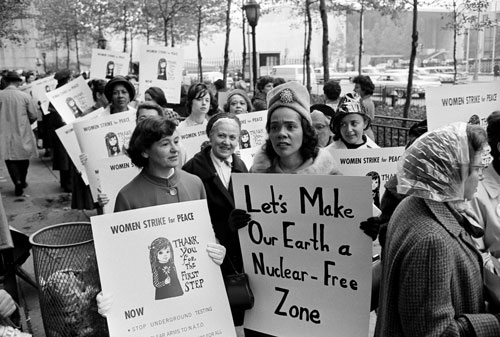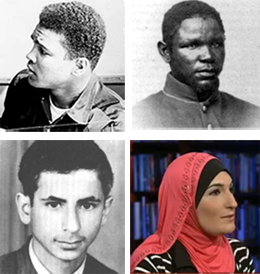Teaching Activity. Essay by Howard Zinn and lesson by Bill Bigelow. Rethinking Schools. 17 pages.
Students research and share stories about unsung heroes in U.S. history.
Continue reading
Teaching Activity. By Tasha Boettcher.
Questions and teaching ideas for Chapter 17 of Voices of a People's History of the United States on the long Civil Rights Movement in America.
Continue reading
Book — Non-fiction. By Peniel E. Joseph. 2007. 432 pages.
A narrative history of the Black Power Movement.
Teaching Activity by Peniel E. Joseph
Continue reading
Film. Produced by Henry Hampton. Blackside. 1987. 360 minutes.
Comprehensive documentary history of the Civil Rights Movement.
Continue reading
Book — Non-fiction. By Malcolm X. 2002. 164 pages.
Speeches by Malcolm X, selected for young audiences.
Continue reading
Film clip. Voices of a People's History.
Dramatic reading of Malcolm X's "Message to the Grass Roots" (1963) by Mos Def.
Continue reading
Film. Written by Steve Fayer and Orlando Bagwell. 1994. 138 minutes.
Documentary film on the life and words of Malcolm X/ El-Hajj Malik El-Shabazz.
Continue reading
El-Hajj Malik El-Shabazz (Malcolm X) was assassinated, just weeks after speaking in Selma.
Continue reading
In a personal essay about the longest-running, largest annual event to celebrate the legacy of Malcolm X, Charles Stephenson describes the celebration’s founding and impact of that day in history.
Continue reading

